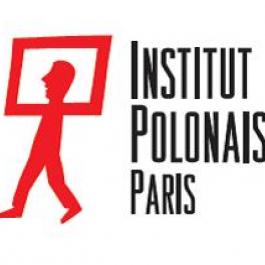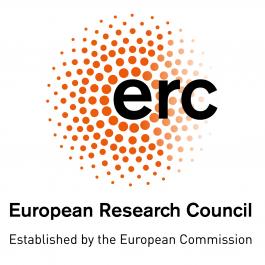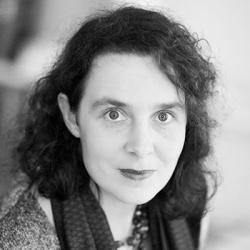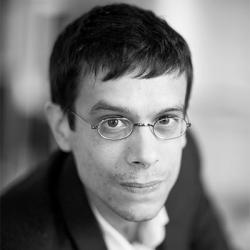Art History Authorities
Art History Authorities
Cycle of symposia organized in Paris in 2016-2017
by the German Center for Art History Paris
and the Polish Institute in Paris
Contemporary methodological and interpretative approaches to art history have, for the most part, been based on a critique of the discourses inherited from the scientific culture of the 19th century: since the 1960s, they have questioned classifications based on national school and style, challenged the dichotomy between high art and popular expression, identified and analyzed colonialist hegemonies, studied phenomena of métissage brought about by the circulation of artworks. They thus called into question long-entrenched norms, orders and hierarchies that had characterized art history. However, they in turn instituted new hierarchies, new relegations, often based on binary oppositions (such as reactionary/progressive, commitment/autonomy, universal/international, local/global) and on other, largely unquestioned, ideological considerations.
Some decades later, we can now take a critical look at these approaches, contextualizing them in the Cold War in which they arose, and which left a lasting mark on them. The allegiance of artists, critics and historians to the Eastern or Western blocs, to the non-aligned or so-called third-world countries, determined the use and meaning of their concepts. The fall of the Berlin Wall established the authority of certain discourses over others, bringing about a leveling. The rise of global perspectives, implying a commonality of interests and shared references, reinforced this trend toward uniformization, objectively belied, however, by the growth in inequalities and resurgent nationalisms.
We would like to assess these heritages and question the orders they helped to establish, in order to open up new perspectives. A critical examination of the political and historical underpinnings of our current categories requires, however, cooperation between researchers from different academic horizons, and an awareness of the singular trajectory from which each point of view has been formed. Only by sharing the various historiographical approaches can we apprehend the overlapping and divergent use of concepts, the ideological biases, the formation of institutions, the interpretation and presentation of art during the Cold War and after 1989.
In this perspective, we have decided to invite several personalities renowned for their importance in art history and in museums, from different areas and traditions, to contextualize as precisely as possible the significations, formations and institutional categorizations they esteem most characteristic of their field of activity. Following on the “OwnReality” research project, which studied the “notion of the real in the visual arts in France, the FRG, the DDR and Poland from 1960 to 1989”, the cycle of symposia that we are organizing will focus on the French, German and Polish contexts. The intention is also to enrich the line of research currently developed by the German Center for Art History, to go beyond the framework of national and comparative studies and to tackle methodological problems from the perspective of a critical historiography. Our main intention is to listen to people relate their own itinerary, to elicit unprecedented debates, to create a space for trans-regional reflection where several art histories may co-exist.
Mathilde Arnoux, Lena Bader, Clément Layet, Matylda Taszycka
PROGRAMME
(For more information, please click on the links below or see PDF on the right)
Introduction (21 octobre 2016)
I. REPRESENTATIONS
1. Formation of the Categories East/West (4 November 2016)
2. Repositioning the Categories (18 November 2016)
3. From 1968 to 1989 (14 December 2016)
II. PERSPECTIVES
1. Arts and Societies (3 February 2017)
2. The Loci of Criticism and Emergence of the Political (24 March 2017)
III. OBJECTS
1. The contemporary reception of commissioned artworks from the socialist countries (21 April 2017)
2. Museums and the Cold War (19 May 2017)
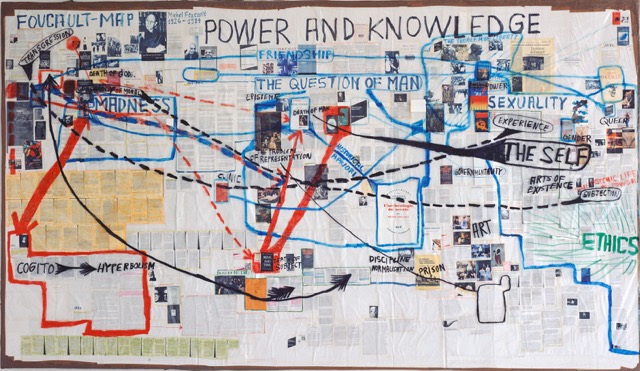 Thomas Hirschhorn and Marcus Steinweg, “Foucault-Map”, 2004, 4,54 × 2,74 m, Collection Museu Serralves, Porto
Thomas Hirschhorn and Marcus Steinweg, “Foucault-Map”, 2004, 4,54 × 2,74 m, Collection Museu Serralves, Porto

